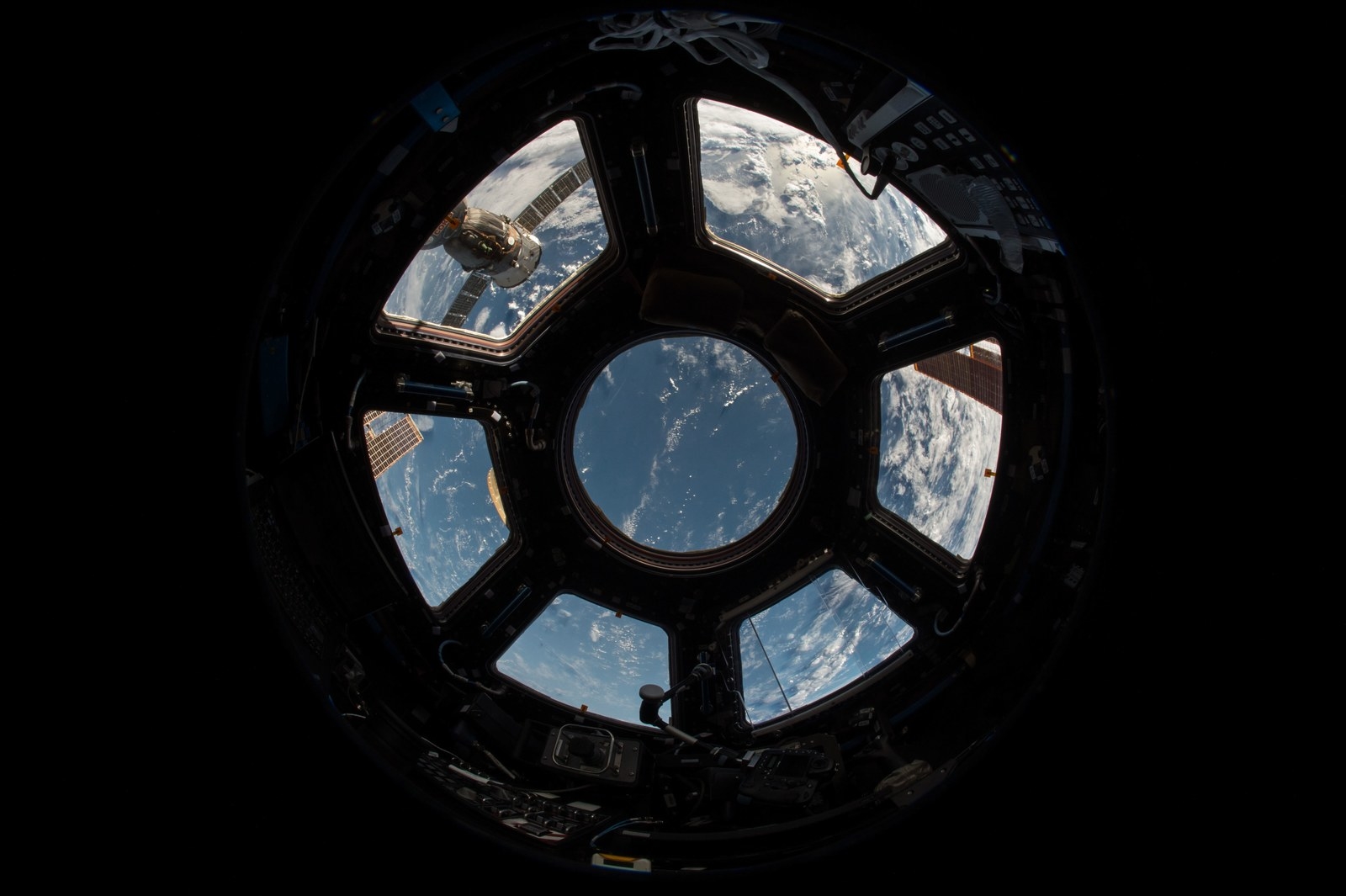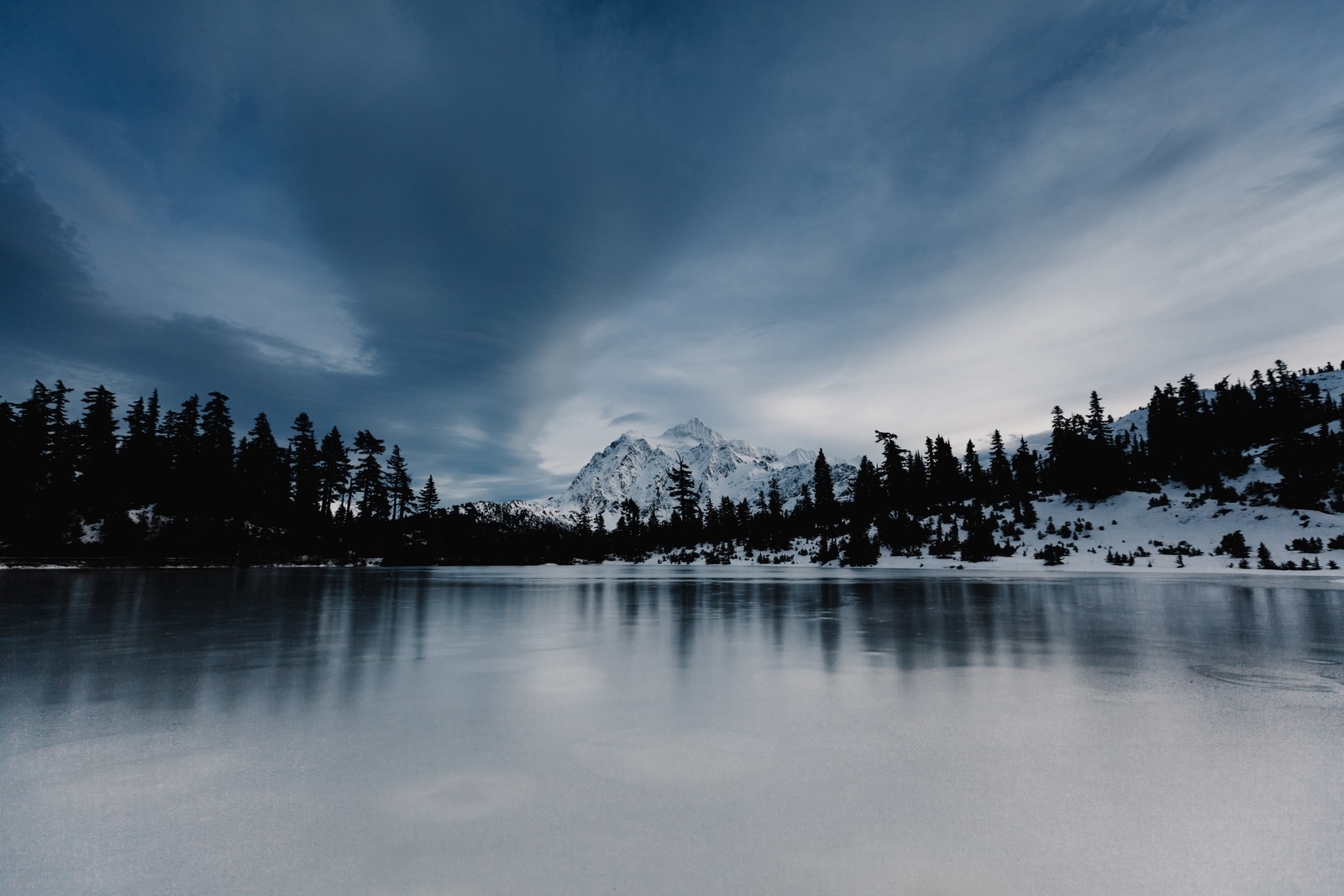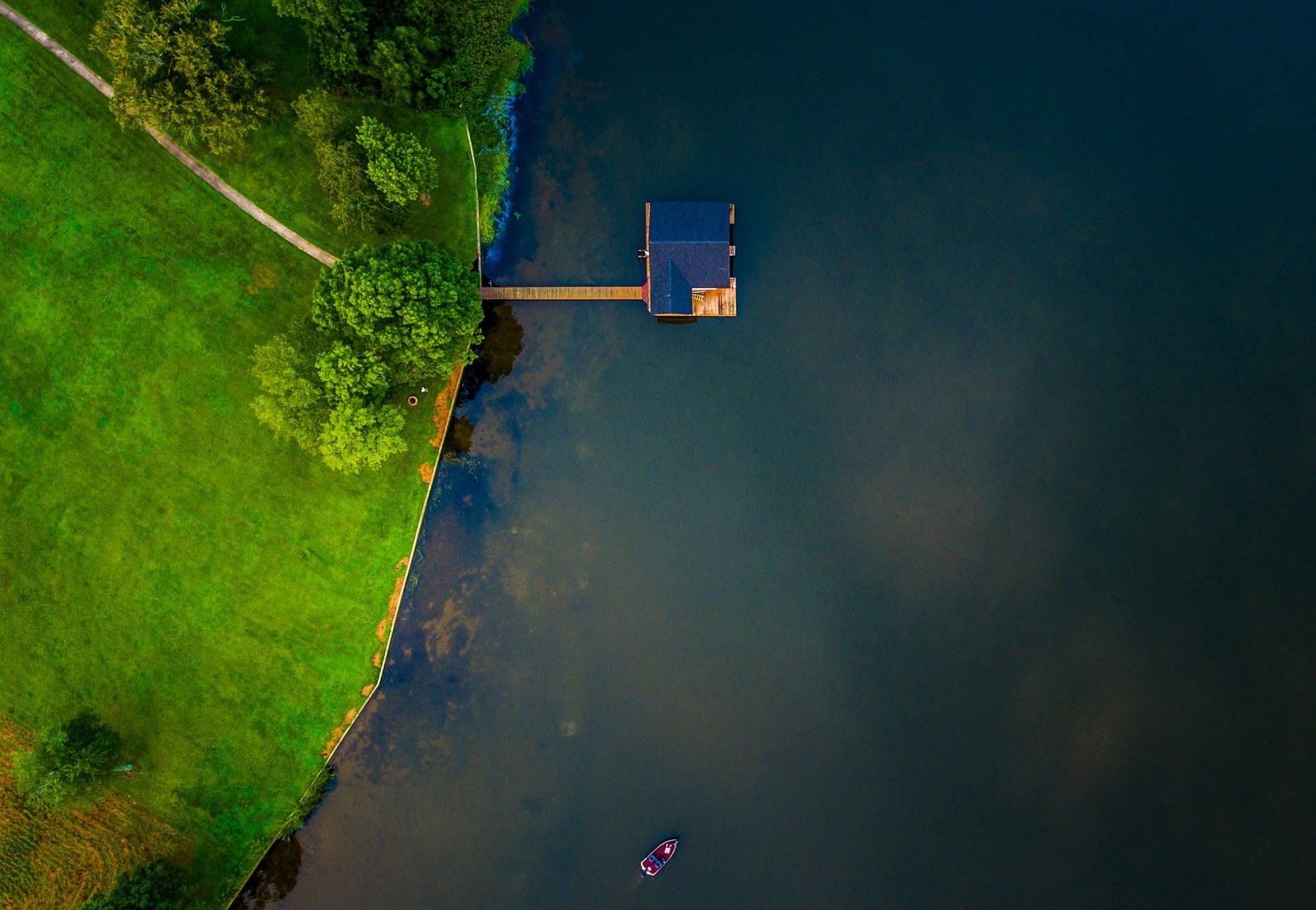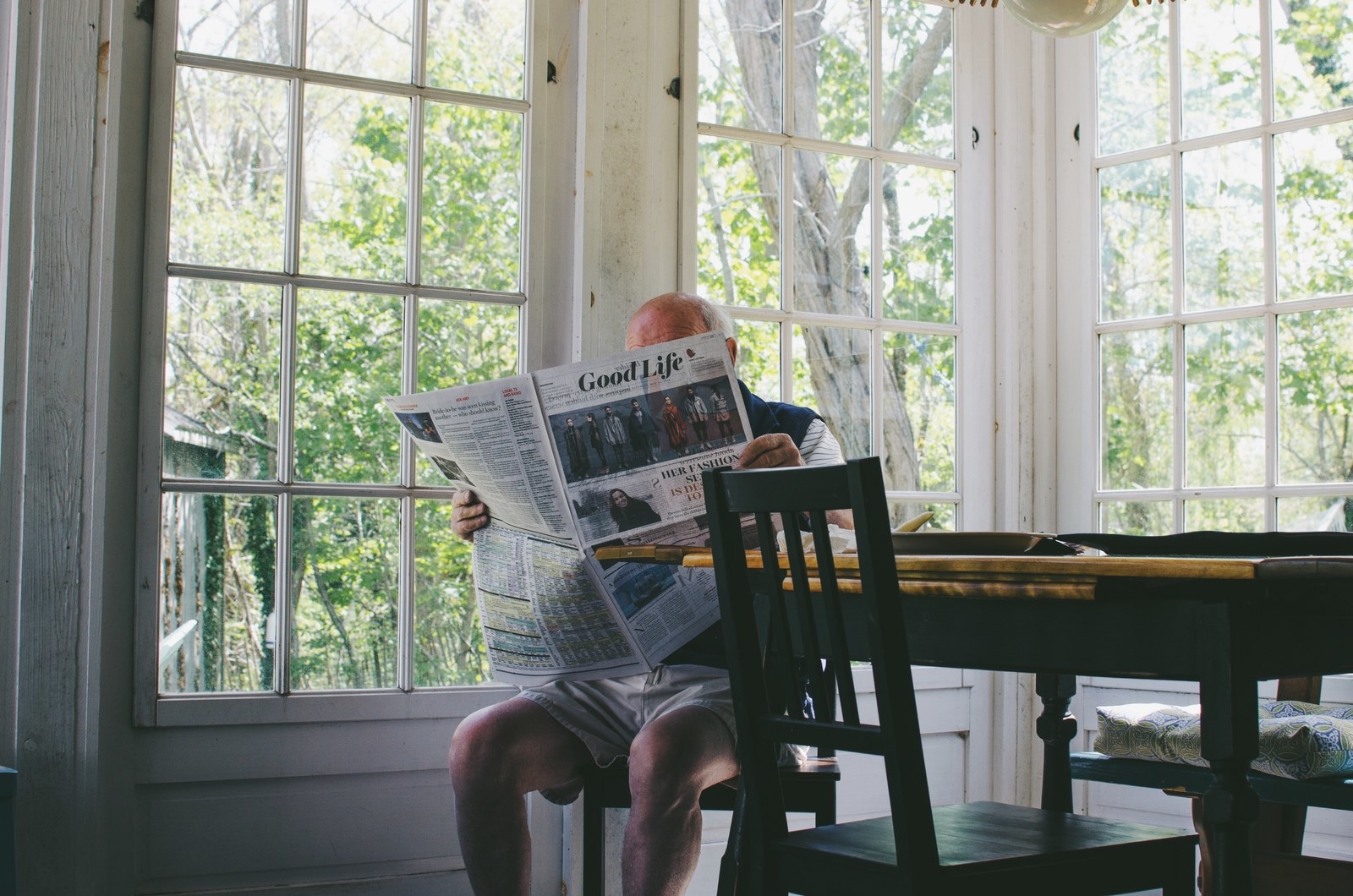
Andrew Jackson, senior research fellow in neuroscience at Newcastle University.
"Like many, I will be waiting nervously to see how Brexit affects our ability to collaborate with European colleagues. More generally, I worry that the political events of 2016 indicate widening divisions in society as well as a growing suspicion of expertise and elitism. Whilst imperfect, science at its best should offer a vision of how humanity can achieve a shared understanding of the world. It is therefore incumbent on scientists to continue providing positive examples of how people from diverse backgrounds can work together to solve the global challenges that we face."
Tara Shears, professor of physics at the University of Liverpool.
"The uncertainty, more than anything. Brexit is a big deal for UK science and scientists in the UK; it potentially changes not just funding and movement but our cultural attitudes as a nation. We want to work together to get further than we can alone. Ideas transcend borders, and I hope we can find a way to ensure our science can too."

Katie Mack, research fellow in astrophysics at the University of Melbourne.
"I'm scared of whatever soon-to-be President Trump might do to science, the environment, and, indeed, the stability of the international political landscape. Like a lot of scientists, I'm worried about global warming and climate change, and while I don't expect all that much to happen in one year, Trump's hints about dialing back Environmental Protection Agency work, his concerning probes into which government employees have worked on climate science policies, and his statements that NASA climate science should be scrapped, are all really worrying from an environmental perspective. America might be just one country, but it plays an outsized role in global climate policy and if it backs out of the Paris Agreement and other international efforts, things could get much worse very quickly. 2016 was the hottest year ever directly measured and the amount of ice reduction at the poles is alarming, so this is really not a good time for major government commitments to increases in fossil fuels and reductions in climate science. All this, coupled with some scary statements about building up nuclear weapon capabilities, has a lot of scientists (including myself) on edge about what the world will look like in the years to come, and scrambling to find effective ways to advocate for our planet (and for the people living on it)."
Lucy Rogers, chartered engineer and Robot Wars judge.
"Humans' ingenuity has made our lives easier than that of our great-grandparents. All the world’s knowledge is at our fingertips, we can instantly communicate with anyone, anywhere in the world and we can get every imaginable type of food, at any time of year, at any time of day. We have more than ever before, and yet we are still not satisfied.
"Wanting more and more and trying to satisfy our 'now' is permanently damaging the Earth. Humans affect the Earth more than it can cope with.
"I am scared that we humans will be too busy to take a step back and realise that if we don’t change our ways, the quality of our lives will reduce dramatically. And soon. I think we will start to see the effects in five to ten years.
"I don’t want to imagine the pain and death that will be caused when bacteria develop resistance to our last antibiotic, due to our misuse.
"I don’t want to imagine the food shortages that will be caused by us poisoning the bees with pollinator-toxic pesticides.
"I don’t want to imagine the wars that will be caused by too many people and too little resources.
"We need to start maintaining our planet. To look after it. To protect our home.
"If we don’t, who will?"

Hope Jahren, professor of geobiology at the University of Oslo.
"I’m worried that I won’t be able to teach my son to ice skate backwards this winter. We’ve managed going forwards, but backwards takes time, patience…and ice. The pond where I spent so many winter afternoons as a child hasn’t been fully frozen for years, and skating inside just isn’t the same. It’s a small personal reminder of our warming planet, but a painful one."
Philip Moriarty, professor of physics at the University of Nottingham.
"The extent to which groundless nonsense, lacking any type of evidence base, can spread so rapidly. In 2016, science, reason, and evidence-based argument too often lost out to misinformation and blatant misrepresentation. I hope this reached its nadir in the tinfoil-helmeted, beyond-bonkers conspiracy theory that is #Pizzagate, but I’m really not so sure.
"What scares me is that the US will soon have what the American Physical Society described as the 'first anti-science president'. Trump and many in his administration are experts in dismissing both expertise and scientific evidence. How will science fight the continuing rise of anti-science?"
Karen Masters, reader in astronomy and astrophysics at the University of Portsmouth.
"The thing I’m most scared about in the year ahead is inaction on climate change, and the 'post-truth' politicians' defunding of science in general, but especially defunding science aimed at understanding climate change. In so many ways 2016 has been full of bad news, but one piece of news I worry may turn out to be the most significant in the long run is results showing a significant decline of sea ice coverage. Only time will tell if this is just an odd year for sea ice, or the start of a trend, but right now I wonder if 2016 may be remembered as the tipping point for climate change. This worrying data, along with the current 'post-fact' ideology holding so much power in so much of the world, does not give me hope that we will see the large-scale action we so urgently need to limit the impact of climate change. Observing our Earth as a planetary system has never been more important, and we mustn’t lose sight of that as we also look out into the rest of the universe. As an astronomer at times I feel acutely aware of how insignificant Earth is to the rest of the universe (a speck of dust compared to the sun), but it’s so important for humanity. It's the only home we have."

Helen Czerski, physicist and oceanographer at University College London.
"I’m scared of funding cuts for climate science and the consequences for the poorest in society. Each of us has three life support systems: our own body, our planet, and our civilization. Understanding our life support systems better in order to manage them as well as we can is surely an aim it’s impossible to argue with. But after the fuzzy warm glow of success at the Paris climate talks, world politics has shifted and it looks as though climate science is being questioned again, especially in the US. We cannot afford this. Physical reality is independent of ideology. We have to manage the finite resources on this planet, because it’s all we’ve got, and that means that we have to understand the engine that’s keeping us alive."
Claudia Cooper, clinical reader in psychiatry at University College London.
"The effect austerity might have on dementia care. The dementia home care sector has been heavily affected by cuts of almost 40% in council budgets since 2010. The Alzheimer’s Society's campaign to fix dementia homecare has exposed a social care situation that urgently needs to change. We need to know more about the most cost-effective ways to deliver compassionate, person-centred care to people with dementia living in their own homes so we can make the most of the resources we have."

Richard Wiseman, professor of public understanding of psychology at the University of Hertfordshire.
"I am scared by the blanket of pessimism that appears to be descending on the world. Being pessimistic about the future isn’t good for people. It makes them less motivated to create change, less likely to persevere when the going gets tough, and more likely to focus on negative events. In addition, it makes people more likely to become anxious, and reflect on their own thoughts and feelings rather than the wellbeing of others. So my hope is that there will be an international surge in optimism and that people will make it a habit to focus on the good things in their life, be it their health, relationships with others, income, etc.. This is not to say that there won’t be challenges ahead. There will be. There always has been. But it is to say that such challenges are better faced with a sense of optimism, and that real change springs from hope not fear."

